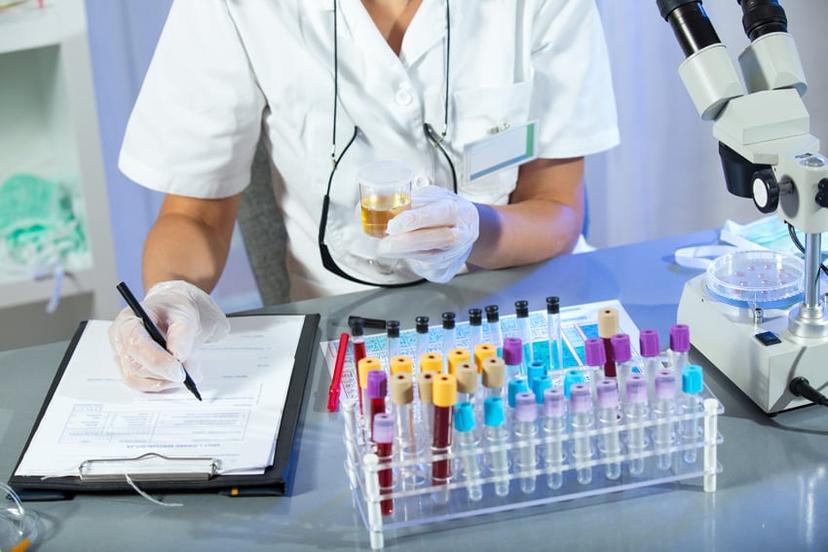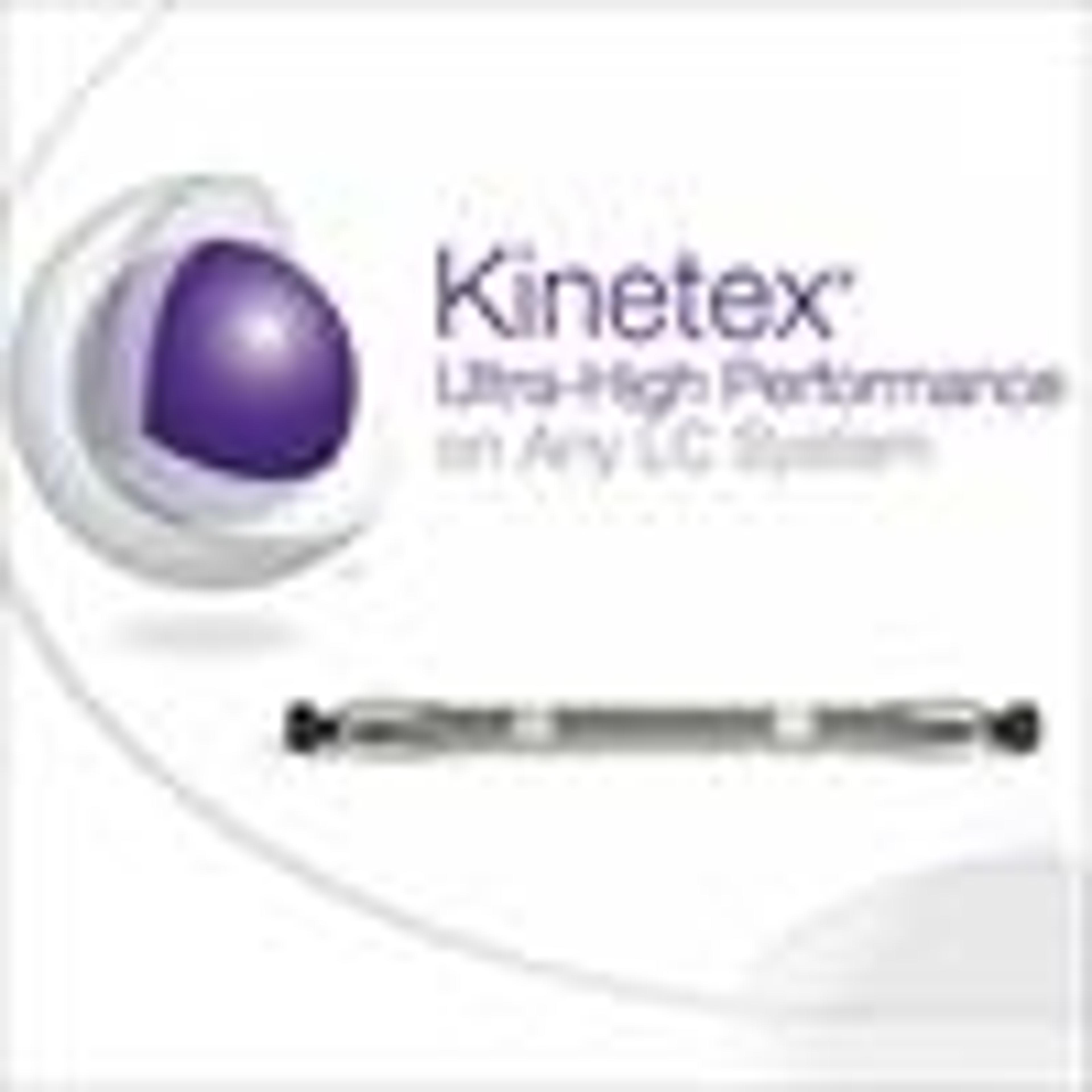Enhancing Clinical Biochemical Analyses with Sensitive LC-MS Detection
Discover how the Department of Clinical Immunology and Biochemistry at Vejle Hospital is improving diagnostics & patient care using liquid chromatography
23 Oct 2016

Image: Shutterstock/ClinicalLab-WomanTestTubeSamples-adriaticfoto
SelectScience® spoke to Dr Anne Vibeke Schmedes, a biochemist in the Department of Clinical Immunology and Biochemistry at Vejle Hospital in Denmark, about her work and the techniques and technologies that have established the department as clinical chemistry specialists.
The Department of Clinical Immunology and Biochemistry analyze over four million clinical samples annually, from all over Denmark, including serum, plasma, urine and saliva. The majority of these biochemical analyses are performed by automated robotic systems, however, Dr Schmedes and her colleagues are focusing on quantitation of molecules that are incompatible with large robotic detection systems. Dr Schmedes and colleagues use liquid chromatography mass spectrometry (LC-MS) to analyze these molecules that have poor specificity in immunochemical detection or are not covered by commercially available immunochemical kits. LC-MS has far greater specificity and the team are using this technology to detect and differentiate between substances that are harder to isolate.
LC-MS techniques at Vejle Hospital
The Department of Clinical Immunology and Biochemistry mainly perform routine testing but also analyze samples for clinical research studies. One of the current studies involves measuring the levels of a novel chronic pain treatment in patients. Another study is focused on the detection of catecholamines in urine, using a new methodology that is soon to be published in the Journal of Chromatography. The novel protocol was developed using Kinetex Biphenyl Columns from Phenomenex. Dr Schmedes explains, “I think the biphenyl column is very good, as it has a level of selectivity that I haven’t found in other columns. This is particularly useful for estrogen analysis, as compared to all the other columns I’ve tried, the separation between estradiol and estrogen is very good.” The selectivity and specificity of LC columns is very important but so is the lifetime of the column, as Dr Schmedes remarks, “I can see that the Phenomenex Core-Shell gives you better selectivity but if they could last even longer they would be ideal.”
Future developments
In serum or plasma samples there are many substances that can interfere with detection, so the major advantage of LC-MS is greater specificity. Although the detection of steroid hormones and catecholamines could be performed using immunochemical methods, the selectivity is much lower. Immunochemical analysis could produce the wrong results and present risk to patients, so LC-MS technology will become increasingly used for clinical biochemistry research. The immunochemical detection methods for estrogen are particularly problematic, so the Department of Clinical Immunology and Biochemistry is in the process of replacing them completely with LC-MS.
Do you use Phenomenex columns? Tell us what you think, leave a review today.
Download this free guide to find out all you need to know about HPLC Columns.

